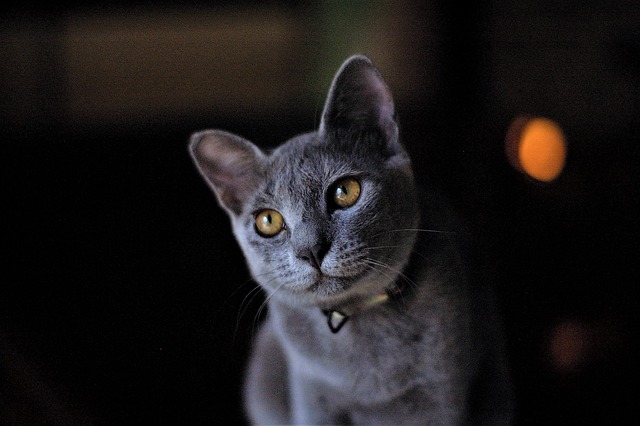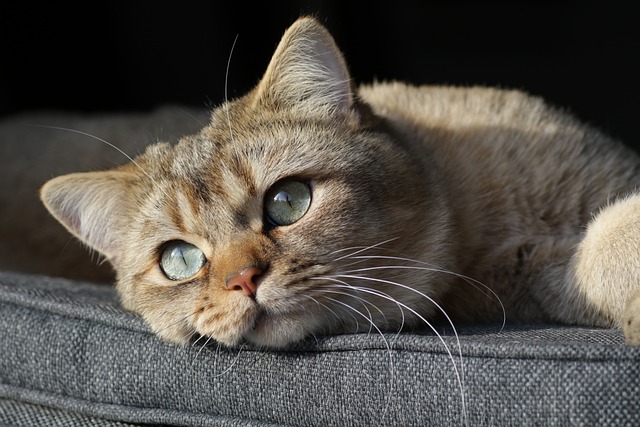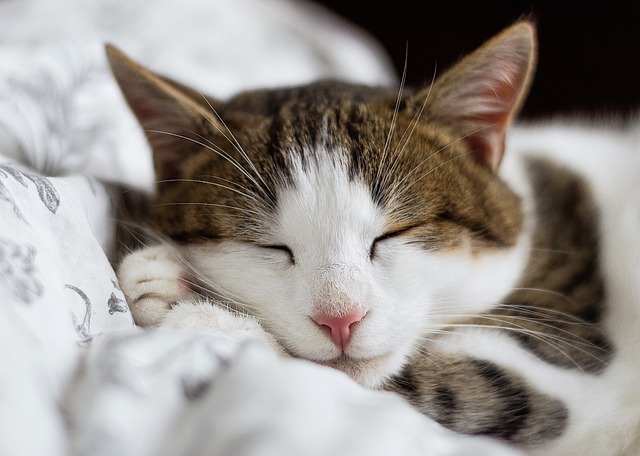Introduction
As cats age, they may experience a decline in cognitive abilities, a condition known as Cognitive Dysfunction Syndrome (CDS). This article aims to provide insights into recognizing, understanding, and managing CDS in senior cats.
What is CDS in Cats?

CDS, or Cognitive Dysfunction Syndrome, is a condition related to brain aging that leads to changes in awareness, learning, memory, and responsiveness to stimuli in older cats. It’s often likened to dementia in humans and is a prevalent issue in aging feline companions.
Symptoms of CDS in Cats
Cats with CDS may exhibit gradual behavioral changes, which may become more noticeable over time. These include:
- Disorientation or confusion
- Anxiety
- Alterations in sleep patterns
- Personality changes
- Changes in appetite
- Withdrawal from social interactions
- Deterioration of learned behaviors
- Changes in activity levels
- Increased vocalization
- Decreased self-grooming
It’s important to note that similar behavioral changes can also stem from other underlying medical conditions, necessitating a thorough veterinary evaluation.
Causes of CDS in Cats
CDS results from neuropathologic changes in the aging cat’s brain. While the precise process isn’t fully understood, genetic, nutritional, and environmental factors are believed to play a role.
Diagnosing CDS in Cats
Veterinarians employ the DISHA acronym to recognize common symptoms associated with CDS. This stands for Disorientation, Interaction changes, Sleep-wake cycle alterations, House soiling, and Activity changes. If you observe these signs, consulting your vet is crucial for a proper diagnosis.
Managing CDS in Cats
While CDS cannot be reversed or cured, its effects can be managed to improve the cat’s well-being. Treatment may involve:
- Dietary changes
- Supplements
- Medication
- Environmental enrichment
- Consistency and predictability in routines
- Creating an accessible environment for senior cats
Therapies should be personalized in consultation with your veterinarian.
Prognosis and Quality of Life

With appropriate management, cats with CDS can enjoy a good quality of life in their senior years. Recognizing the changes and working closely with your veterinarian are key to ensuring your cat’s comfort and well-being.
Prevention of CDS in Cats
While prevention is challenging, mental stimulation throughout a cat’s life can be beneficial. Providing an enriching environment, regular veterinary check-ups, and gradual introductions to changes can help maintain cognitive function.
In conclusion, understanding and addressing CDS in senior cats is crucial for their overall well-being. By recognizing the symptoms and working with your veterinarian, you can ensure that your aging feline companion enjoys a comfortable and fulfilling life.



